Shakira's New Curly&Hair Line Is Redefining What It Means to Have "Pelo Bueno"
Shakira's New Curly&Hair Line Is Redefining What It Means to Have "Pelo Bueno"
Show me a curly-haired girl, and I know immediately: that's someone who's had a complicated relationship with her hair. Curly hair is never just hair - it's a history of unlearning and relearning. Behind every curl is a memory, a myth, a story, and the journey of growing to love what once needed to be tamed. Even Shakira - whose goddess-like curls are as iconic as her voice - has been there. After years of experimenting with treatments, products, and even collaborating with a pharmacist to develop her own customized formulas, the Colombian singer dreamed of a line that could serve other curly-haired girls - especially Latinas - who've long struggled to find products that truly meet their needs. Enter Isima, a new line of science-backed, innovative products made for curls, available only at Ulta. Unlike most curly-haired Latinas - especially those from her generation - Shakira's struggles with her hair didn't stem from the cultural pressure to style it straight. While she occasionally wore a sleek style or fresh blowout, she mostly embraced her natural texture, especially when she began performing live. "I guess I didn't have a choice, because when I'm on stage, I need to feel empowered - I need to feel true to myself," she tells PS. "I'm free. I cannot wear super high heels. I cannot wear a wig." Shakira's complicated hair journey was brought on by the damage that came with coloring, heat styling, and treatments like Brazilian keratin. She shares that her healthiest hair days were before she started coloring it - when she still wore her natural color. "It used to be, believe it or not, really dark - almost black," she says. "[It was] very shiny and wavy. I had soft waves. I guess with years and hormonal changes, the texture changed quite a lot. It has become a little more curly, I would say, and even frizzier." True Shakira fans who have been following her career and listening to her music since the "Pies Descalzos" and "Dónde Están Los Ladrones" days remember her long dark hair as much as we remember her red hair phase. "I had decided to bleach it and make it bright red [and] obviously, to go from almost black hair to red - I had to really bleach it. So, my hair suffered a lot, and that was kind of the beginning of the end," she says with a laugh. "But it was still a very important part of my identity. That was around the time I did MTV Unplugged, and I did it with a kind of punkish, reddish hair that sort of represented an era and a period in life. The way I wear my hair has a lot to do with the way I feel. It has always been a huge part of my identity." While many curly-haired women - including Latinas and Black women - proudly embrace the phrase "I am not my hair" (a nod to India Arie's iconic 2006 single), plenty of us also recognize the deep connection between our hair, our identity, and how we show up in the world. Shakira herself has admitted in interviews that cutting her hair into a short lob was one of her biggest regrets - she just didn't feel like herself. As a curly-haired girl with even tighter curls than Shakira's, I relate. Every time I've chopped my long curls into a lob, it's felt like I'm losing a superpower. It's women like us - Latinas like us - who inspired Shakira to dream up a line that truly understands and serves our hair's unique needs. "Women like us are underserved, in a way," she tells me after complimenting my waist-long curls - a mix of 3B and 3C spirals. I didn't always hear compliments on my hair; in fact, I grew up hearing I had "pelo malo." For those unfamiliar, pelo bueno ("good hair") and pelo malo ("bad hair") are terms rooted in colonial Latin America, dating back to the Casta system - a racial hierarchy imposed by the Spanish that favored proximity to whiteness. Coily and curly textures were often associated with the hair of enslaved Black people and deemed undesirable, a harmful legacy that has continued to shape Latin American beauty standards. But in the past decade, younger Latinas have begun to reclaim and redefine those terms, including Shakira, who believes good hair simply means healthy hair, period. "Pelo bueno is hair that's bouncy - [it's hair] that is natural. [Hair] that makes you feel confident and that is healthy," she says. "So, it doesn't matter what texture your hair is. It just needs to feel like you give it some love." "Pelo bueno is hair that's bouncy - [it's hair] that is natural. [Hair] that makes you feel confident and that is healthy." With curly hair being especially vulnerable to dryness and breakage, Isima is focused specifically on deep hydration and repair. "This is inspired by Latina women because in my community, there's so much diversity. In Latin America, you find all kinds of textures," she says. One of Shakira's favorite products in the line is the Súperbomba Triple Repair Peptide Mask ($38), a rich, deep-conditioning treatment that checks all the boxes. Formulated with patented nonapeptides, hydrolyzed soy and rice proteins,
Comments 0
Most Read
Recommended Post
Gogolook launches news wall feature to Whoscall App



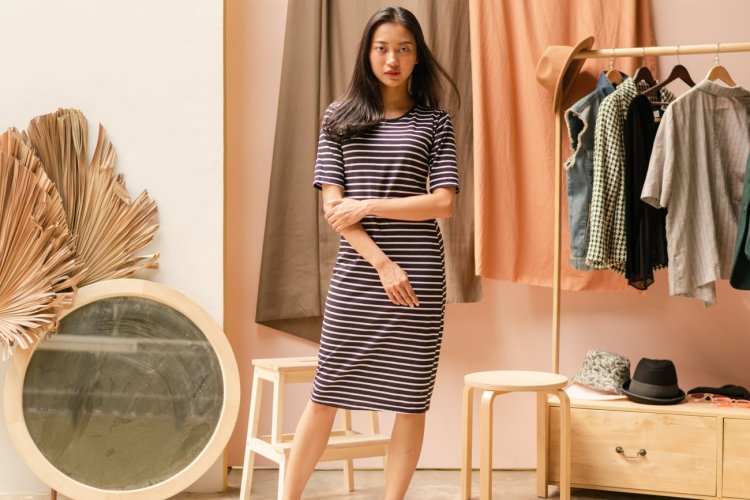
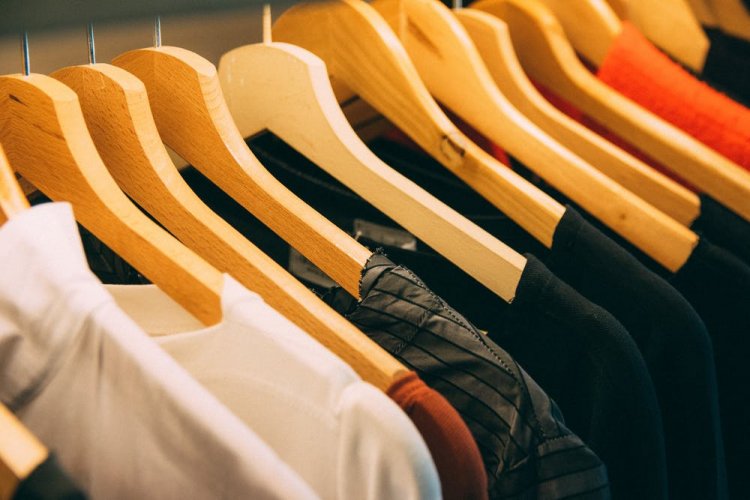
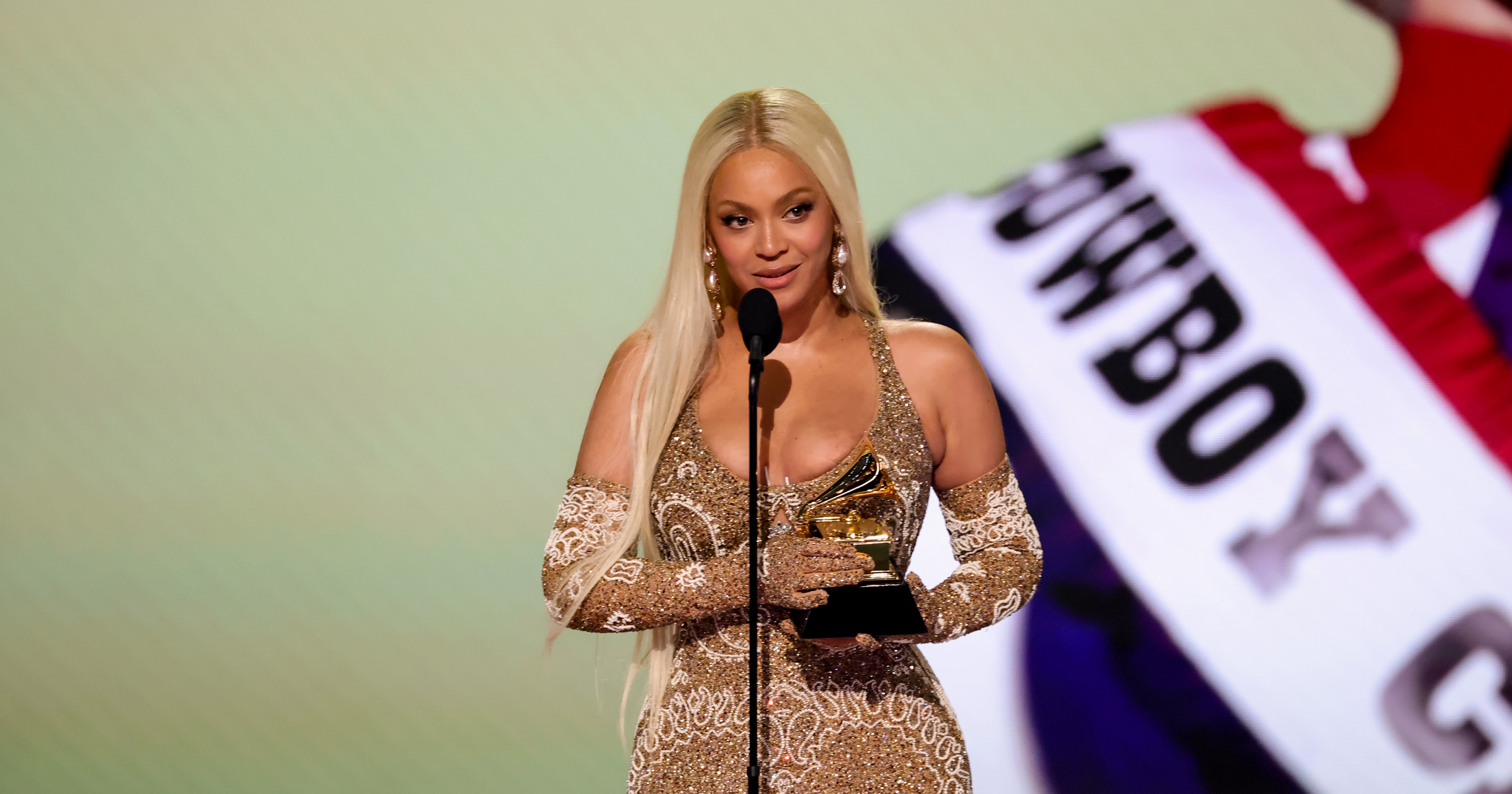

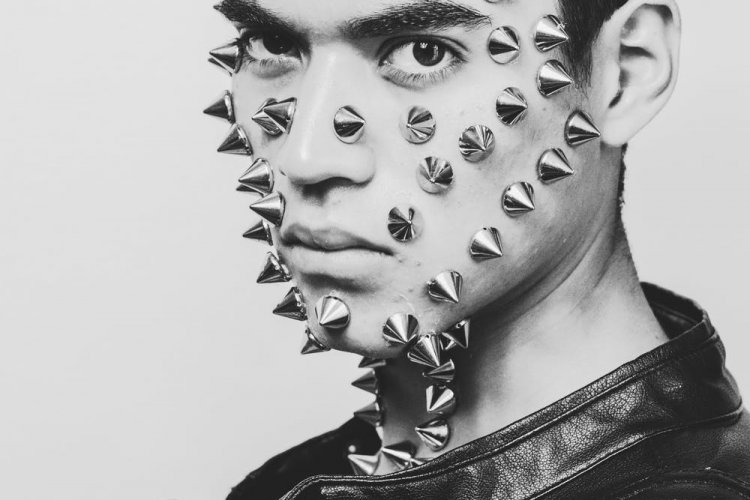
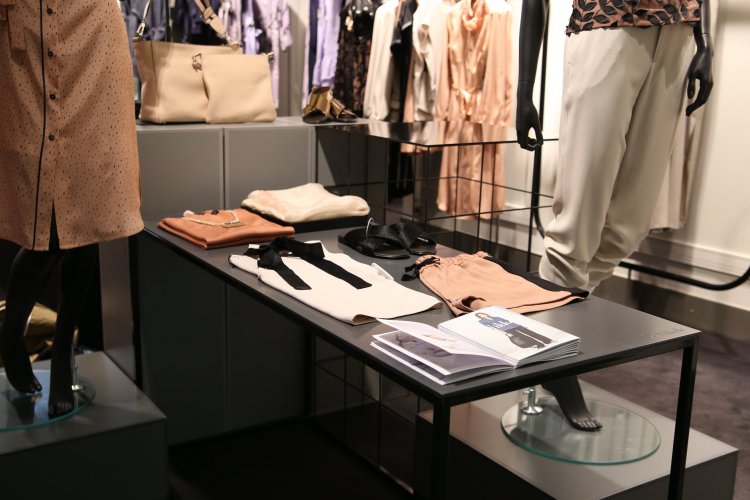



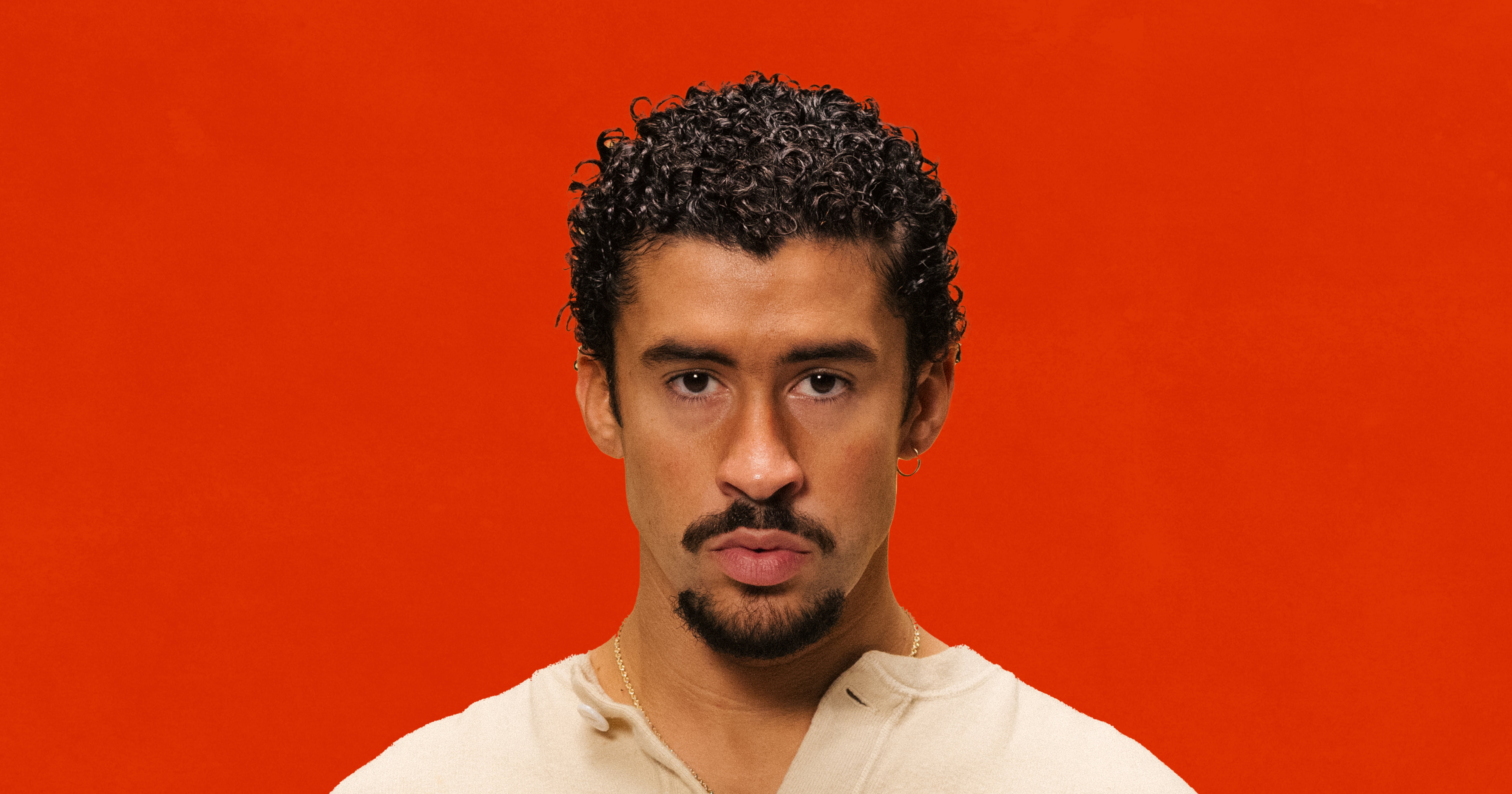







Leave a Comment